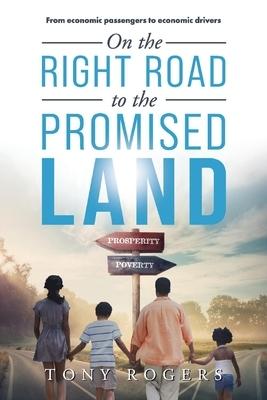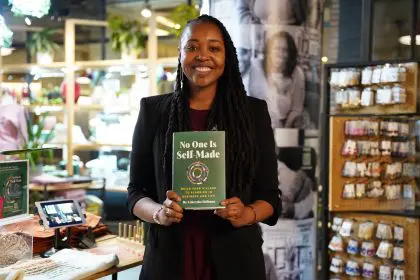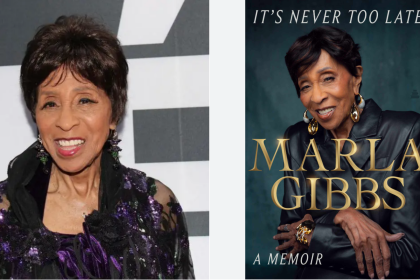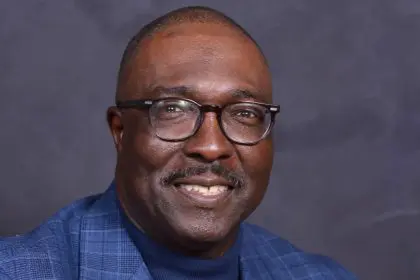
By trade, Tony Rogers is an attorney and a financial expert with six investment registrations. The Florida native’s passion for history compelled him to take a look at Martin Luther King’s mountaintop speech and to explore Blacks’ progress over the decades since that seminal address. Roger’s book, On the Right Road to the Promised Land, gives us a snapshot.
What inspired you to write On the Right Road to the Promised Land?
I began the book in 2017 as the 50th anniversary approached from Martin Luther King’s speech in Memphis, Tennessee. Dr. King proclaimed that he had been to the mountaintop and he had seen the promised land. He stated further that he might not get there with us, but we, as a people, would get to the promised land. My book looks at that declaration, and our progress a generation later in getting to the promised land.
What should readers and audiences expect from the book?
They should expect an incisive look at where Black people have come, an evaluation of the paths we have taken, a critical view of where we are, and recommendations as to our next steps.
What was the hardest part of writing On the Right Road to the Promised Land?
Providing plausible, attainable actionable steps for the community. Not just talking about what was, but how do we go forward.

What did you like best about writing this book?
Bringing every asset I had to this project: my life experiences, my education, my professional experiences, my community service, my passion to see my community progress. Having to opportunity to add my voice to what I believe is a critical discussion at a time when governments and other entities seek to silence our story.
What were the top mistakes you made writing and publishing your first book?
Do not allow your deadlines to compromise your work product.
How important is it for Black writers and readers to have their stories told?
It’s critical. In the current environment where certain bodies are banning certain concepts, we need to find ways to get out information with the operative word being “inform.” We need to remember there was a time when writing and reading were prohibited when it came to Black Americans.
What does literary success look like to you?
Providing a compelling thesis that leads to a vigorous discussion about the book, town hall meetings and speaking opportunities discussing the book’s premise with a follow-up book.
What authors have piqued your interest?
Malcolm Gladwell, Michael C. Dawson, C. Eric Lincoln, Nell Irvin Painter
What book(s) are you currently reading?
The History of White People, [by] Nell Irvin Painter
















